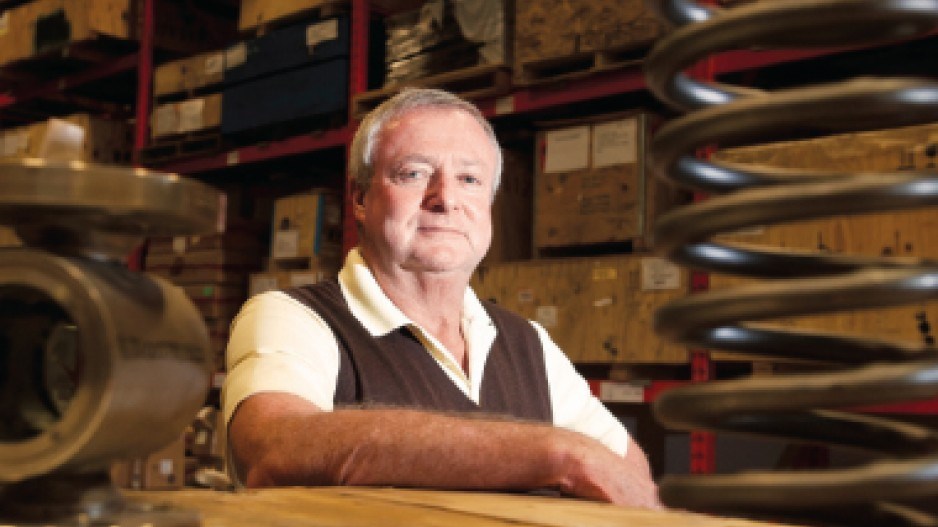The Canadian government has been promoting trade everywhere except the United States, but opportunities south of the border still abound for those who can navigate myriad obstacles, according to a veteran cross-border business facilitator.
"Many startups in British Columbia are just automatically aiming for the U.S.A. right [off] the bat," said Jim Pettinger, president of International Market Access Inc.
But he cautioned that without proper preparation, research and expertise, they often retreat with tails between their legs, having underestimated not only the size of the potential market but also the legal, tax, insurance, logistics and customs hurdles. Experts in those fields are in Surrey this week (November 14) for a Doing Business in the U.S.A. seminar that will focus on the challenges.
Tom Klausen, senior vice-president, business development at First Vancouver Finance, one of the event's sponsors, said the U.S. is a natural target for Canadian small business owners, but Americans like to do things in a big way.
"[If] they like your product or service you can expect a quick order. It'll probably be a big one so be financially prepared," he said. "You only get one chance to make a good impression."
Bellingham lawyer Gene Moses, one of the speakers scheduled for the seminar, said his Surrey clients have made it clear their business expansion plan is to access the largest concentration of potential customers logistically close to their operations.
He said an important pitfall to avoid is relying on the Internet for legal or tax advice when structuring U.S. entities because it can lead to increased or double taxes for Canadians.
"The proper formation of a U.S. legal entity requires the independent professional advice of a business lawyer, a certified public accountant, a chartered accountant and an immigration lawyer. Thereafter your business plan will also require marketing, distribution, customs/brokerage and banking services," Moses said.
Canadian companies selling machinery or software to U.S. clients are often called upon to install or repair their product but find essential personnel turned away at the border, said Greg Boos, a Bellingham immigration lawyer with Cascadia Cross-Border Law.
As well, Canadian salespeople are turned away at the border if their sales portfolios contain U.S.-manufactured product and they don't have proper work permits.
For Pettinger, whose Ferndale, Washington-based company's services include freight management and warehousing for Canadian importers and exporters, marketing is one of the biggest issues for clients over the longer term, because of the size of the market.
Pettinger said Americans make their buying decisions "two to three times faster than Canadians" and were more inclined to deal with Canadians who provide higher-end products that had some element of uniqueness.
Surrey businessman Stan Thompson's company, Nuovo Parts Inc., which distributes spare parts to oil refineries in Canada and the U.S. through its subsidiary there, also leases space at Pettinger's warehouse in the U.S.
He does about $12 million worth of business a year through Pettinger's outfit, which receives and processes parts from an Italian supplier before shipping them out. Thompson is also president of Surrey's Wiseworth Canada Industries Ltd., which distributes equipment such as air compressors and air tools.
If he had to set up his own operation in the U.S. with its own staff, the costs would be prohibitive, Thompson said. So the benefits of leasing space from Pettinger and using Pettinger's staff are "amazing." He advised companies to use experts instead of going it alone in the U.S. •




